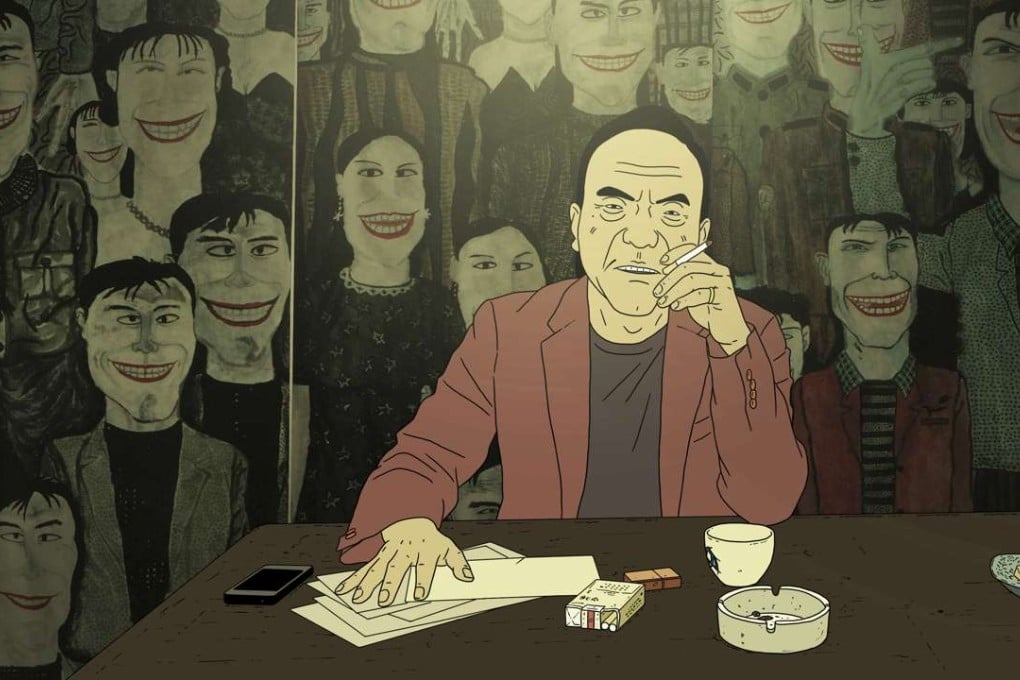The Chinese animators pushing back against the Hollywood tide
With a Chinese animated film competing for the top prize at the Berlin film festival next week, made-in-China animated movies are seeing a revival after years of forgettable fare

The last time an animated film from China made international headlines, it was for the worst reason possible.
The uninspired film, which bore an uncanny similarity to its US counterpart, and its producer’s devil-may-care attitude did nothing to bolster the reputation of China’s animated-film industry, a sector that has been dominated either by Hollywood knock-offs or simplistic, kiddie fare like Pleasant Goat and Big Bad Wolf .
Things may be about to change, though. Next week, the Berlin International Film Festival will screen the second animated feature from Liu Jian. With its realist look, sombre settings and rugged characters, Have A Nice Day is a jet-black comical film noir in which a young man tries to evade a cast of violent villains sent to snatch the cash he stole from his sleazy boss.
The ironically titled Have A Nice Day is Liu’s follow-up to Piercing I, his 2010 debut in which a recently laid-off factory worker falls foul of a violent supermarket security guard and unsympathetic police officers.